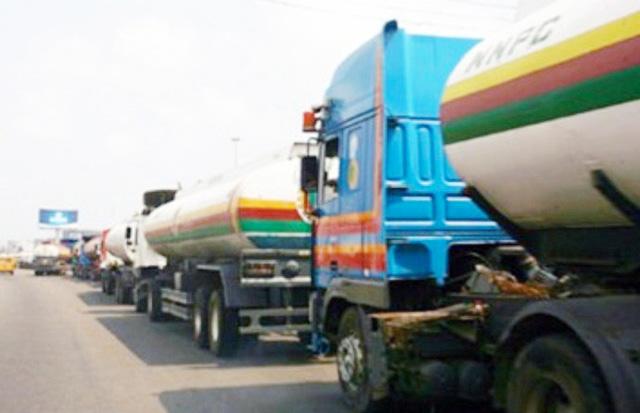The federal government has announced a ban on 60,000-litre fuel tankers from Nigerian roads, effective March 1, 2025, as part of measures to reduce road accidents involving petroleum trucks.
The Nigerian Midstream and Downstream Petroleum Regulatory Authority (NMDPRA) disclosed the decision on Wednesday in Abuja, stating that it aims to mitigate the increasing number of truck-in-transit incidents.
Speaking to journalists, Ogbugo Ukoha, NMDPRA’s Executive Director for Distribution Systems, Storage, and Retailing Infrastructure, said a stakeholder technical committee met to establish timelines for implementing safety resolutions.
“The first stakeholder’s technical committee met today to drill down and put timelines for about 10 resolutions that had been taken on how to drive down the significant increase that had been recorded in relation to trucks and transit incidents and fatalities,” Ukoha stated.
Read Also: FG announces cultivation of 118,000 hectares of wheat in 11 states
Following deliberations with key industry agencies, including the Department of State Services (DSS), Federal Road Safety Corps (FRSC), Federal Fire Service, National Association of Road Transport Owners (NARTO), National Union of Petroleum and Natural Gas Workers (NUPENG), Standards Organisation of Nigeria (SON), and major petroleum marketers, it was resolved that tankers exceeding 60,000 litres would no longer be allowed to load at depots.
“The important thing about this is that, for the first time, consensus was built among all stakeholders, and we will continue to work together cohesively to ensure the safe transportation of petroleum products across the country,” Ukoha added.
The NMDPRA executive also addressed recent claims questioning the quality of petroleum products in circulation, dismissing them as bogus, misleading, and unscientific.
He assured Nigerians that all imported and locally refined petroleum products, meet strict regulatory standards before being released to the market.
“The regulator would usually be more circumspect and not respond to every comment in the public. But it is important to remind people engaging in social media speculation that misleading the public with unscientific claims is unhelpful,” Ukoha said.
He reaffirmed that the NMDPRA remains committed to enforcing petroleum industry standards, ensuring that both quality and pricing of petroleum products are handled transparently and competitively.
As part of its regulatory mandate under the Petroleum Industry Act (PIA), 2021, the NMDPRA said it continues to support local refining capacity while ensuring that fuel specifications, including research octane number, sulfur content, density, and oxygenate levels, comply with Standards Organisation of Nigeria (SON) regulations.
The agency assured Nigerians of continued oversight to maintain fuel quality and ensure road safety in petroleum transportation.






